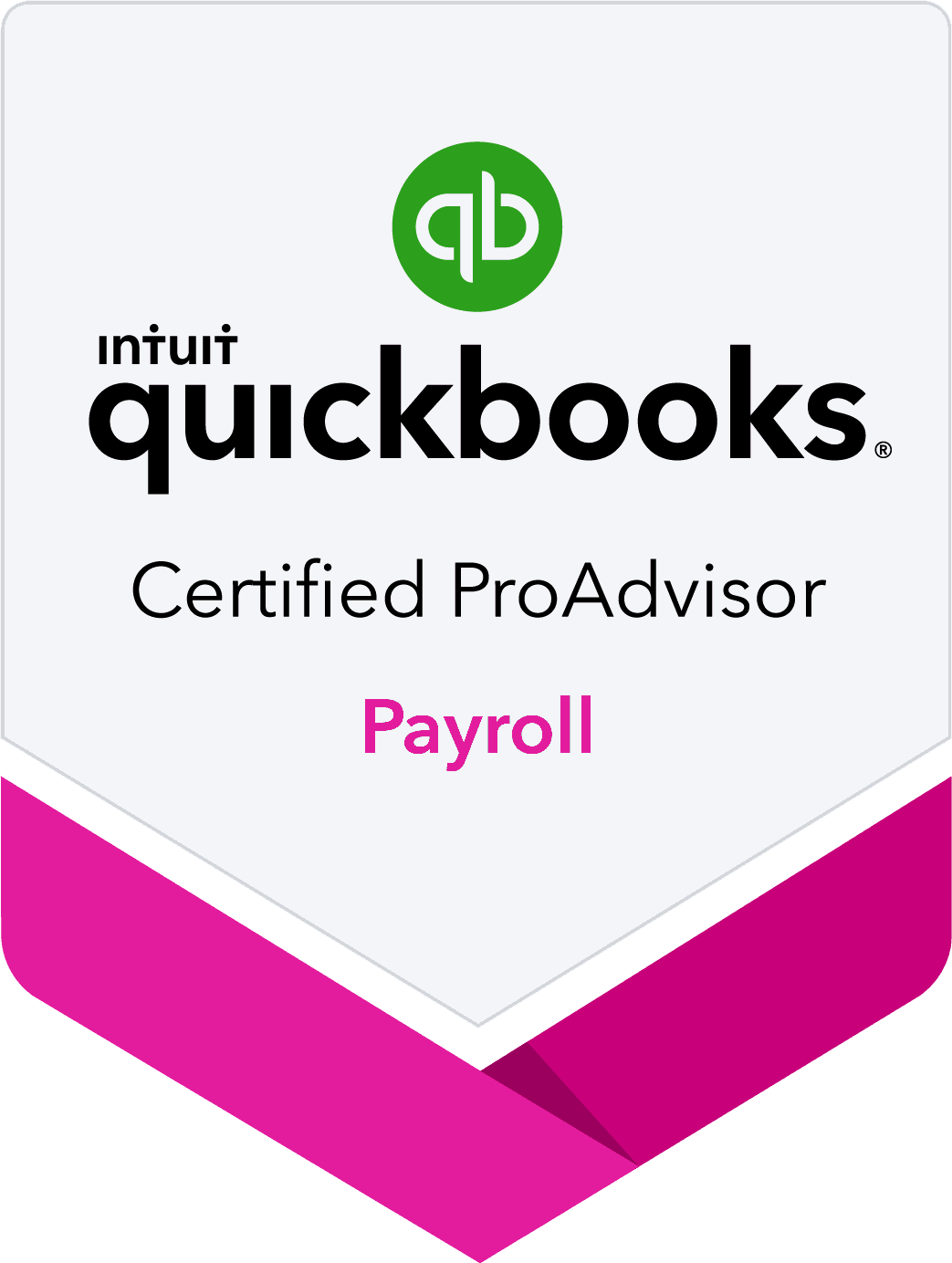Are you among the workers who plan to continue to be working remotely?
If you’re among the workers who plan to continue working remotely, you may want to evaluate your 2021 tax situation.
While many states offered a pandemic-related reprieve that generally resulted in no tax filing obligation for remote workers who worked temporarily in their state, the leniency was for 2020 returns. And as the nation emerges from the pandemic, that compliance break will be going away.
More than 42% of the labor force is telecommuting
Many workers began doing their jobs remotely more than a year ago when companies sent their employees home in masse due to the pandemic. In June 2020, an estimated 42% of the labor force was telecommuting, according to research from Stanford Institute for Economic Policy Research.
Of those who were still doing their jobs remotely in late 2020, about 30% said they were working in a different state than where they had lived and worked pre-pandemic, according to a survey done by the Harris Poll on behalf of the American Institute of CPAs. Most people surveyed (72%) were either “very” or “not at all” familiar with their state’s tax requirements for remote work.
The No. 1 concept for an individual who is a remote worker to know is that whatever state you are a resident of gets to tax your wages, regardless of where you earned them.
You might have a tax liability in another state if you earn money or work there or if it’s where your company is located, depending on the states involved.
Some states have reciprocal agreements with one another. Basically, if your resident state has this pact with the one where you work, you won’t have to pay in both jurisdictions. For instance, if you live in Maryland but work in the District of Columbia, you only need to worry about having taxes withheld for Maryland.
Meanwhile, there also are a handful of states — Connecticut, Delaware, Nebraska, New York and Pennsylvania — that impose a “convenience of employer” test for remote workers. If your company is located in one of those states, you generally will pay taxes there unless your remote location is due to your employer needing you to relocate.
In those states, if your reason for working [remotely] is not because your company required it, you’d have to pay taxes to the state where the employer is located.
For remote workers, all of these differing rules mean it’s important to know the state laws that will affect you. Getting your paycheck withholding right is generally a shared responsibility between you and your company.
Because an employer can get penalized by a state for not withholding when they should have, the employer has an incentive to put policies in place to know where their employees are working.
But, of course, those policies are only as good as the employees’ level of compliance.
Also, if you are an independent contractor for your company — you do not receive a W-2, but rather, say, a Form 1099 — you are considered self-employed and taxed as such.
How can we help you?
Need a professional with a wide range of knowledge in such tax-related subjects as income, estate, gift, payroll, levies, returns, inheritance, non-profit and retirement taxes?
Call us! We are Tax Specialists serving our clients since 2012
Ana Echeverri & Associates, at (407) 601-3157
We will be happy to assist you.
Certified QuickBooks ProAdvisor offering Consulting and Training Services
Our office hours are Monday thru Friday, from 9 A.M. to 5 P.M
https://www.anaecheverriassociates.com
#accounting #orlandoFL #accountingFlorida #TaxesFlorida
#tax #accountingservices #taxrefund #enrolledagent
#CertifiedQuickBooksProAdvisor
Ana Echeverri


Certified QuickBooks ProAdvisor
Ana can help you set up and manage your QuickBooks online and on desktop. Having a streamlined chart of accounts and strategy for accounting will help you understand your company's ins and outs.





